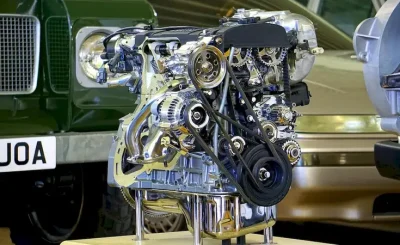A lithium-ion battery is a key component of an electric vehicle. Originally developed for consumer electronics, this battery has high energy density and a long cycle life. It is currently the leading battery type used in electric vehicles. The technology was invented in the 1970s by N. Godshall and John Goodenough and commercialized a few years later by Akira Yoshino. However, this battery has some disadvantages, including low performance at high temperatures and a decline in performance with age.
Panasonic is one of the largest manufacturers of EV batteries. It has long been a supplier of Tesla, which first entered a supply agreement with the company in 2009. Although Panasonic is no longer Tesla’s sole supplier, it still produces a large volume of EV batteries. As a result, Panasonic is one of the most important companies for the EV industry.
Although at-home charging is not the fastest way to increase the state of charge of an EV battery, it can be a convenient way to make a full charge in a pinch. However, it is important not to overcharge the battery and allow it to discharge completely. For the best results, it is recommended that you charge your EV battery to about 85 percent capacity and let it discharge to around 20%.
The EV battery is one of the most expensive parts of an electric vehicle. While there are many different types of batteries, these three main formats are used for EV batteries. The main difference between them is the size and the number of cells. Cylindrical cells have between 5,000 and 9,000 cells while pouch and prismatic cells contain fewer cells.
The range and efficiency of an EV depends on the battery technology used. In an electric vehicle, the battery is subject to aging due to repeated use and thermal wear. This leads to a reduction in range and charging speed. Most new EV models use special car battery technology to extend the life of the battery and maximize energy efficiency.
The battery industry is a fast-growing segment that presents significant growth opportunities for companies. However, the industry is highly uncertain about the supply chain, which means that companies are attempting to make their own batteries or form joint ventures. This makes it vital to develop strong international sourcing relationships to ensure continuity of supply.
The lithium-ion battery is an integral part of an electric vehicle. It contains hundreds of cells and is expected to last for 100,000 to 200,000 miles. Most electric car batteries come with an extended warranty that lasts for eight years. This means that the battery will outlive the car itself. The technology is still developing, so EV batteries are likely to get cheaper and lighter in the future.











